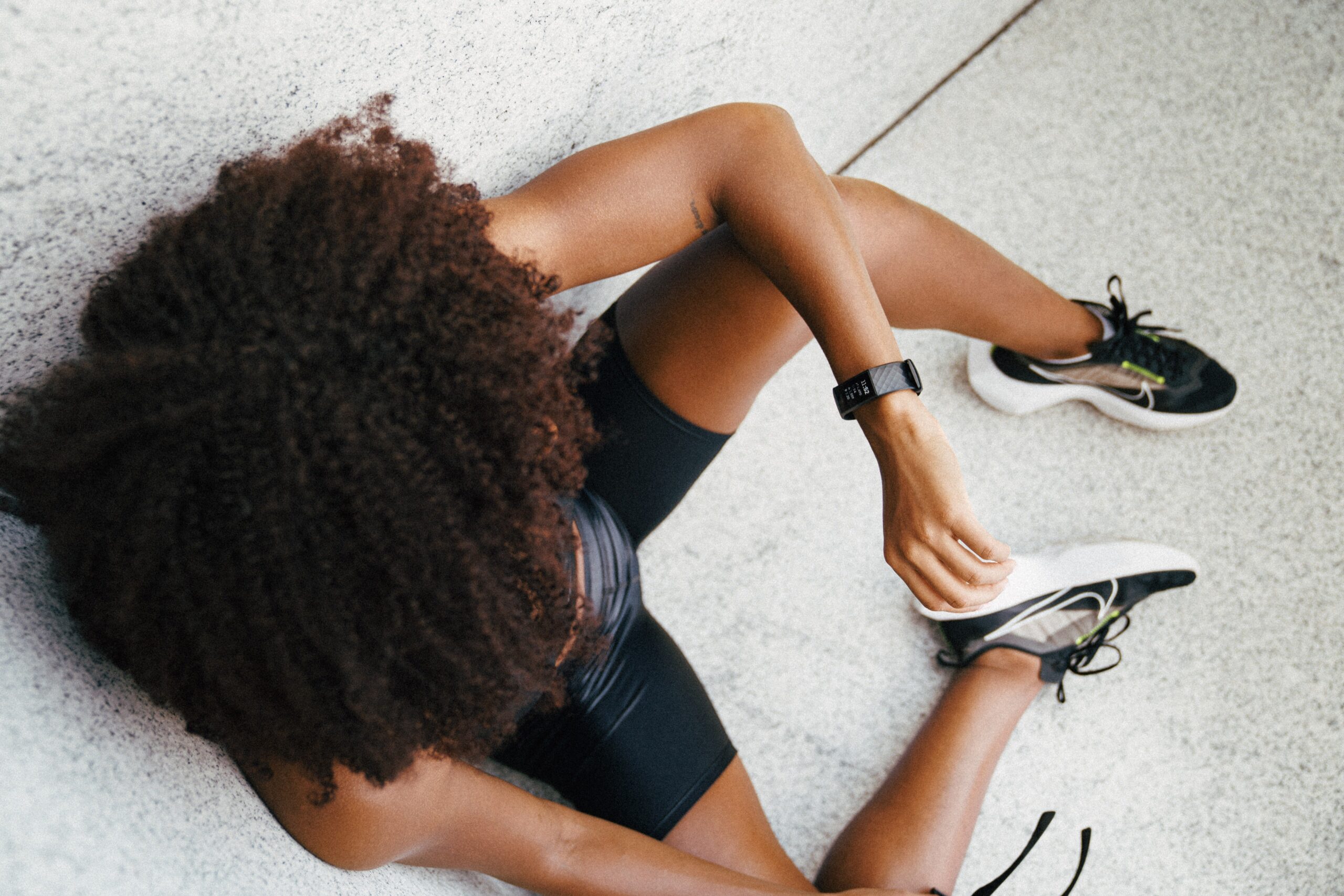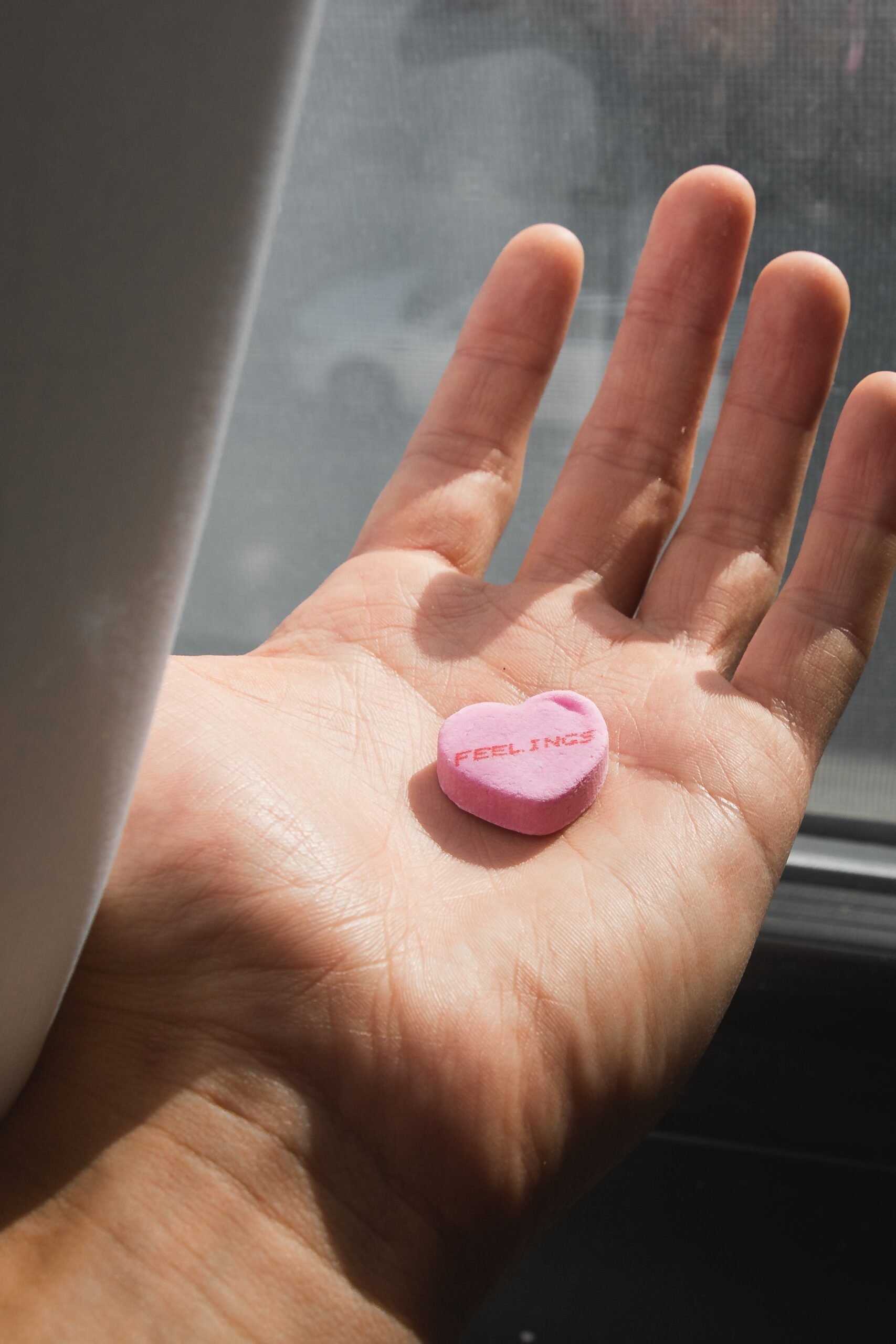We may know we need more sleep – it’s another thing to find the time. Rebekah White discovers how to get better quality rest and top up your energy on the days when you’re feeling low.
1. Catch-up time
So you’ve got places to be and things to do most nights? Choose just one to be your sleep recovery night. Make it a priority to get the best rest possible. Give Pinterest or other distractions the miss, allow yourself time to wind down, drink a sleep-inducing herbal tincture and turn in early to store up a chunk of sleep for the busy week ahead.
2. Bedtime reading
Books are a way to calm your mind at the end of the day – but choose fiction rather than fact. Being immersed in a story makes it easier for the mind to rest and concentrate on only one thing, whereas non-fiction can get the brain spinning all over again. Pick an absorbing narrative to push the cares of the day far away as you settle to sleep.
3. Climate change
Your body’s core temperature naturally goes down when you sleep, meaning you’ll be comfortable at a slightly lower temperature. With the weather rapidly warming up, it’s easy to be too slow getting rid of winter duvets. Dig out your summer pajamas and swap to lightweight bedclothes. Leave a window ajar. If you feel cold falling asleep, try a pair of socks; a study from the Sleep Laboratory of Basel in Switzerland found that keeping your feet or hands warm helps you fall asleep quickly.
4. Dark room
Block any alarm displays before you turn in. If necessary, add a extra layer of fabric to bedroom curtains to ensure total darkness.
Light can signal to your brain you should be awake, even when you’re not conscious! As we all know, using a laptop, phone or tablet screen just before bed wakes your brain up. Their bright light confuses the brain’s suprachiasmatic nucleus, aka what controls your circadian rhythms, and suppresses the release of melatonin, the chemical that helps you sleep.
5. Midnight snack
Low blood sugar can leave you feeling gluggy when you wake up, so before you hit the sack, make sure you’ve got enough fuel for the night ahead. Try a low-glycaemic index snack such as almonds, yoghurt or wholemeal toast. While we’re at it, let’s remind ourselves of foods which can hinder sleep: cheese, chocolate, spicy or fatty foods – or simply a big meal.
Food rich in sugar and caffeine can leave you with a ‘hangover’ the next morning, but carbohydrates release the hormone serotonin, which makes you sleepier.
6. Boozed up
Alcohol might have a soporific effect, but it’s short-lived – it’ll make you drowsy, but it also prevents your body from entering the deepest phase of sleep, and overindulging will have you waking parched in the night. Instead of reaching for a glass of wine to chill out, try a warm bath, relaxing music or a cup of sleep-promoting tea.
7. Meal plans
What’s as important as going to sleep and waking up at the same time? Having your meals and snacks at the same time. Turns out food is also involved in setting and maintaining our circadian rhythm, telling our bodies when to sleep and when to wake.
8. Make a list
It’s an oldie but a goodie – get everything out of your mind and down on the page. Don’t only list to-dos, but any worries you have – tell yourself that you’ll remember to worry about them later! Make your list well before bedtime so these thoughts aren’t buzzing around as you’re about to switch the lights off. Resist the urge to check your bank balance or Facebook feed just before turning in.
9. Caffeine nap
If you’ve got the luxury of somewhere to grab 20 minutes of shuteye during the day, try this technique. Drink a strong coffee, then immediately lie down for a snooze. The caffeine takes about 20 minutes to pass through your gastrointestinal tract, meaning it’ll kick in just as you’re waking, giving you an extra lift for your afternoon. When you nap, make sure it’s less than 30 minutes – this keeps you in the early stages of sleep, rather than deeper stages that are harder to wake from.
10. Common scents
The Ayurvedic tradition recommends a foot massage with sesame oil right before bed to calm the body. Meanwhile, essential oils of lavender, marjoram and chamomile are said to promote sleep. During the day, try fragrances of citrus, rosemary, ginger and juniper to boost alertness.
11. Waking hour
You’ll need two things to combat early-morning grogginess: light and movement. You don’t need to make a gym visit – simply wandering out to the letterbox can help brush away the cobwebs. Light’s vital to your internal clock, as it passes through your eyelids even when you’re sleeping. If you normally sleep in a very dark room, try leaving a curtain slightly open to let the morning light help wake you up.
12.Breakfast buzz
Making your morning routine pleasant is another way to ease into the day. Try this tip from a Women’s Weekly magazine in the 1950s – set out breakfast things on the table the night before and even spoon the coffee into the pot ready to go.
Remember how carbohydrates make you feel sleepy? Protein has the opposite effect, because it increases the amount of a brain chemical called tyrosine – which promotes quick thinking. Choose a lean protein for breakfast, as fat takes longer to digest and leaves you sluggish. Try a high-protein morning smoothie!







